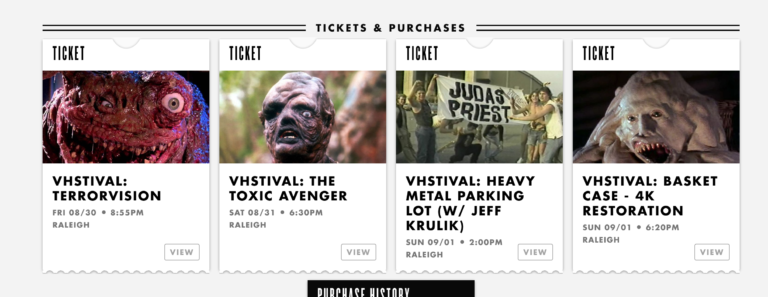For something different, here is Plum covering Bruce Springsteen’s Dancer in the Dark:
Place between Sarah Blasko and Maggie Rogers.
Marginalia
Thelma Plum ‘Better In Blak’ Interview: No Retreat, No Surrender
With that in mind, one can view Better in Blak through the framework of it being Plum having open conversations about — and with — her younger self. A song like ‘Homecoming Queen’ details her ingrained body image issues, never feeling truly beautiful due to not seeing herself in any women that frequented the pages of her magazines.
Better in Blak is an album about growth and growing up as it is self-acceptance and self-love.
If Better in Blak is reflective of anything, though, it’s the fact that they won’t win. They can’t win — not while Plum is still fighting for survival on the frontlines, making a stand and living well as the best revenge. She hopes that this is an album that is seen, heard and felt — by those that support her, by those that don’t and by those that might find solace in what Plum sings about.
Thelma Plum – ‘Better In Blak’ – Music Feeds
Thelma Plum has much to say, and complex feelings to articulate, on Better In Blak. Crucially, she’s amplifying her socio-political voice. Plum consistently keeps it raw – her stance ‘no bull’. Regardless, whether her songs are critical or confessional, she conveys, if not levity, then wry humour.



